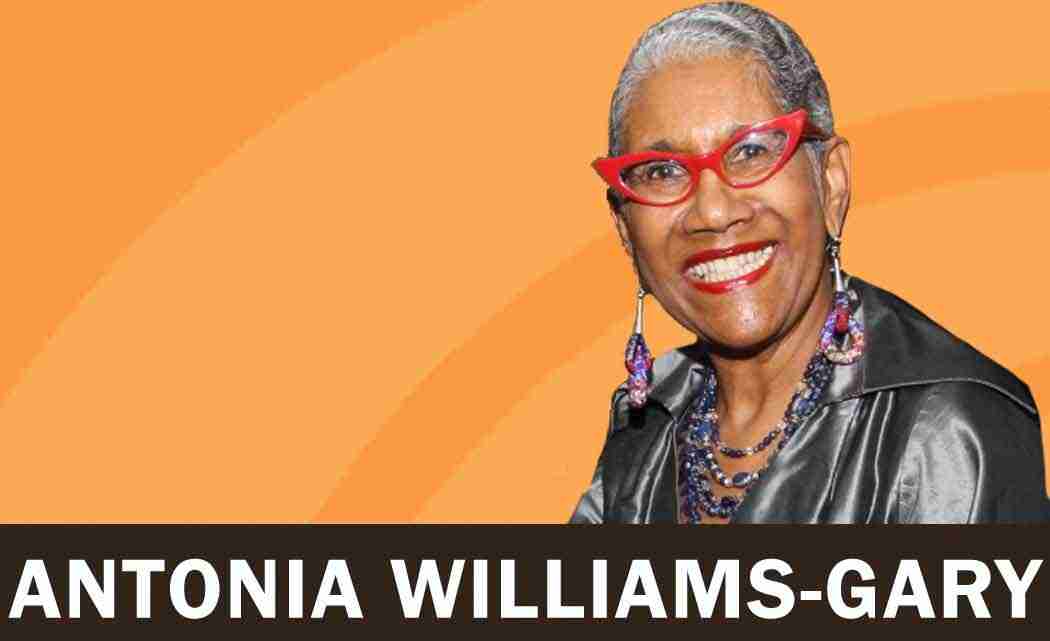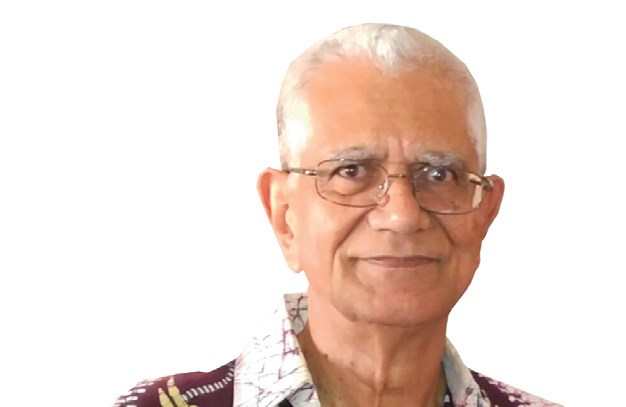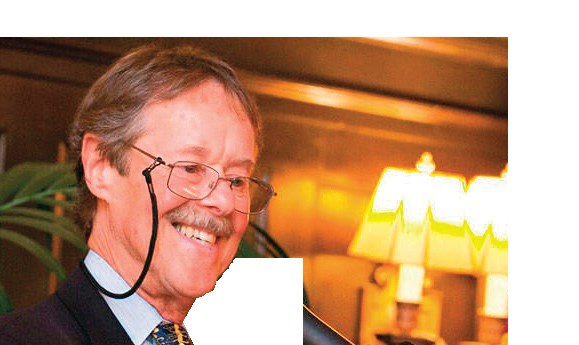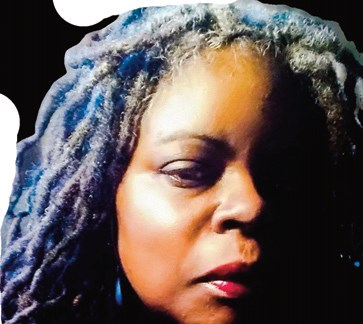The American Civil War is ongoing; battle lines more tightly drawn along race, gender, class, and less so, ideology.
Just this past week I saw a televised panel discussion including Leonard Pitts, columnist and novelist, who talked about racism. During the discussion, Mr. Pitts pointed out how hesitant we all are to talk about race and racism because, too often, the one talking is accused of being racist.
This past Sunday, I heard a sermon where the minister compared implied racism to structural and/or institutional racism. What’s worse? Being called a derogatory name, or being treated as a second class citizen? He asked: “Is it more damaging to call me a nigger than to treat me like a nigger? Look at how blacks continue to suffer from redlining; from anti-affirmative action college recruitment tactics; from underrepresentation in the economic distribution of wealth, etc.”
Admittedly, talking about race and racism in America is painful, and we don’t yet have a neutral language developed to address the issues without drawing blood, literally.
We have many useless words, like nigger, and the following:
Ferguson: code word for what happens when race and racism is at the heart of police misconduct.
Trayvon Martin, Michael Brown: symbolic names used when we talk about police killing black males.
Selma: code word used to catalogue the history of the Civil rights movement.
Dog whisper(er): code word used to describe how white officials’ talk about blacks without mentioning race. In the 1980s it was “welfare queen.” Today, it is Rudy Giuliani’s rant about Barack Obama “not being raised like you and me.”
Just this past month, instant media barraged us with word-shots, some fired across political divisions: The Republican 47 letter to Iran; some at individuals (still a disproportionate number of unarmed black men are targets); and, most recently, a raucous display by a group of white College fraternity brothers that called for hanging black men.
Pundits continue to try to explain when, or if, it is ok to use the word nigger. From one black to another black is ok, but white folk can never say that word. Another new norm?
Words matter.
Take the racist chant of the Oklahoma University (OU) fraternity boys. One of the most outlandish explanations of their behavior is the charge that rap music is to blame for perpetuating racism; you know, the music made them say those words. Is this the new norm?
A black woman professor from OU wrote a very loving response (she is admittedly a Christian) in which she said the SAE frat boys (and students in general) are not adults and can’t make informed decisions at such a young age. But after four years of the university experience, and guided by God’s love, they will be better informed, mature enough and therefore accountable for their actions. University professors will love them into adulthood, and presumably, give them the right words to use.
Rubbish! No one above the age of seven, the age of reason, should ever leave home without knowing when to speak and what to say.
Once, in the mid-sixties, I participated in a rally at Marymount College to protest a change to a time-honored tradition: to mix freshman students in dormitories with upper classmen. We marched around campus chanting: “Two, four, six, eight, we don’t want to integrate.” The local paper picked up the story and ran the headline: Marymount Students March against Integration!
We were far removed from the everyday street demonstrations (the College was in the New York suburbs, on top of a hill), but we were not immune from what the entire Nation was undergoing: the throes of the Civil Rights movement. Our consciousness was very much attuned to that.
The College corrected the newspaper story; it had nothing to do with race; and we all learned a valuable lesson: words matter. Context matters. Time and place matter.
Each day, we rub-up against culture and class differences; we suffer from the constant affront of a person’s skin, hair and accent that don’t match our own; we are challenged by gender bending that is out in plain view; and myriad expressions of otherness that are mashed up in this place we call the United States of America.
Very few of our families came over on the Mayflower.
About the USA:
We love it.
We hate it.
We can’t leave it.
And we won’t leave it alone.
“We hold these truths to be self-evident, that all men are created equal, and endowed by their creator, with certain unalienable rights. That among these rights are life, liberty and the pursuit of happiness.”
Those lofty words offer a pathway to begin a dialogue wherein I can say the word nigger without drawing blood, but you can’t threaten to hang me without retaliation; that I can take offense at the reference to a welfare queen, but we can dispassionately analyze the effect of the disproportionate incarcerations of black men, and how school drop-out rates in the inner city is a direct cause, without being called a racist.
Can we talk?
Antonia Williams-Gary is a consultant with Miami-based Savings and Grace Enterprise. She may be reached at toniwg1@gmail.com













No Comment